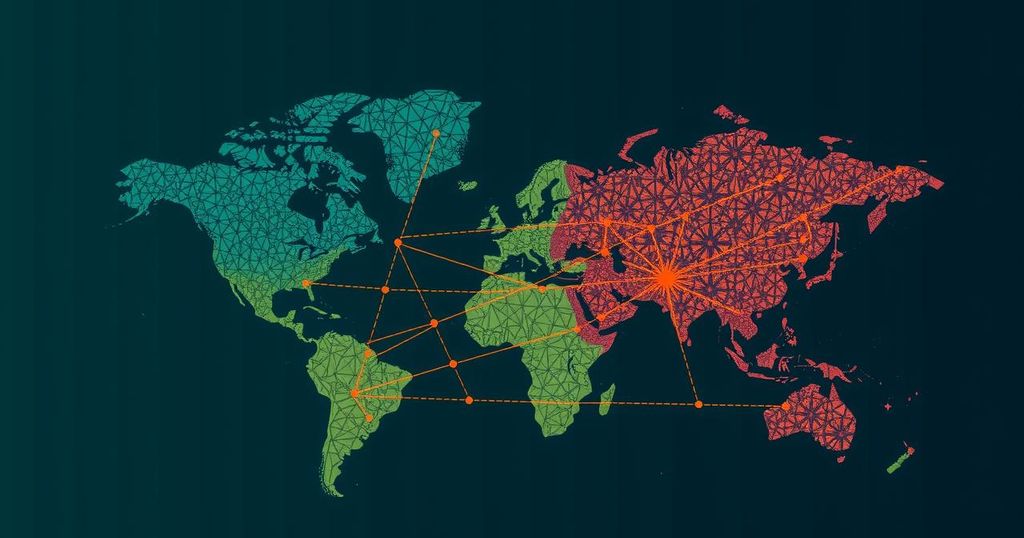Natural disasters exacerbated by climate change have been linked to the rise of authoritarian leaders globally. Politicians, such as Rodrigo Duterte in the Philippines, exploit crises to consolidate power and diminish democratic norms. Economic, psychological, and political studies indicate that fear stemming from climate threats directs voters towards strongman solutions. This trend poses significant risks to democracy, necessitating critical responses to bolster liberal governance and advocacy for environmental justice.
In November 2013, Super Typhoon Yolanda struck the Philippines with catastrophic force, resulting in extensive loss of life, destruction, and the consolidation of political power by Rodrigo Duterte. As mayor at the time, Duterte capitalized on the disaster and began a trajectory that would lead to his presidency, manifesting in a brutal war on drugs and authoritarian governance. His rise reflects a broader trend of similar politicians worldwide who manipulate crises to erode democracy, scapegoat minorities, and undermine democratic institutions across various regions, exemplified by India’s Prime Minister Narendra Modi and former Brazilian President Jair Bolsonaro. Research indicates that climate-induced disasters can engender authoritarianism, as citizens may seek stability during times of distress. A study conducted by economists using storm data from island nations established a direct correlation between natural disasters and declines in democratic conditions, dubbing countries experiencing persistent dictatorships as “storm autocracies.” Furthermore, psychological studies suggest that awareness of climate threats can foster biases and heighten conformity, leading to ethnocentrism and potentially supportive attitudes toward authoritarian figures. Despite the lack of a universal causal link, experts like James McCarthy emphasize the escalating insecurity and inequality resulting from climate change, which may explain the appeal of strongmen promising simplicity in response to complex issues. With authoritarian regimes potentially better equipped to handle climate threats—often at the expense of human rights—democratic systems must prove resilient. Solutions to uphold democracy include substantial reforms, climate activism, and a collective reimagining of societal values. Ultimately, the path forward remains undefined, as the actions taken collaboratively can shape a more favorable future amidst looming challenges.
The relationship between climate change and authoritarianism raises serious questions concerning political dynamics in regions affected by extreme weather events. Disasters like hurricanes and typhoons can lead to political opportunism, where leaders exploit societal vulnerability to establish stricter controls and solidify power. Recent academic studies have attempted to systematically demonstrate the connection between climate-induced disasters and the erosion of democratic processes, revealing patterns of behavior among voters swayed by perceived threats. This phenomenon has manifested globally, highlighting a critical need for understanding the implications of climate change for democratic governance and suggesting that citizen responses to climate adversity can significantly influence political landscapes.
The exploration of the intersection between climate change and authoritarianism elucidates a pressing concern for the future of democratic societies. The patterns of political opportunism observed in the wake of natural disasters are indicative of a broader trend toward autocracy under conditions of fear and instability. The studies delineate the psychological and sociopolitical transformations prompting citizens to gravitate toward authoritarian leaders during crises. However, the potential for democratic resilience remains, contingent upon collective action and a reinvigoration of community values aimed at fostering inclusivity and environmental stewardship. The active engagement of individuals in shaping political outcomes is critical to countering the rise of authoritarianism in an era of environmental uncertainty.
Original Source: www.fastcompany.com






